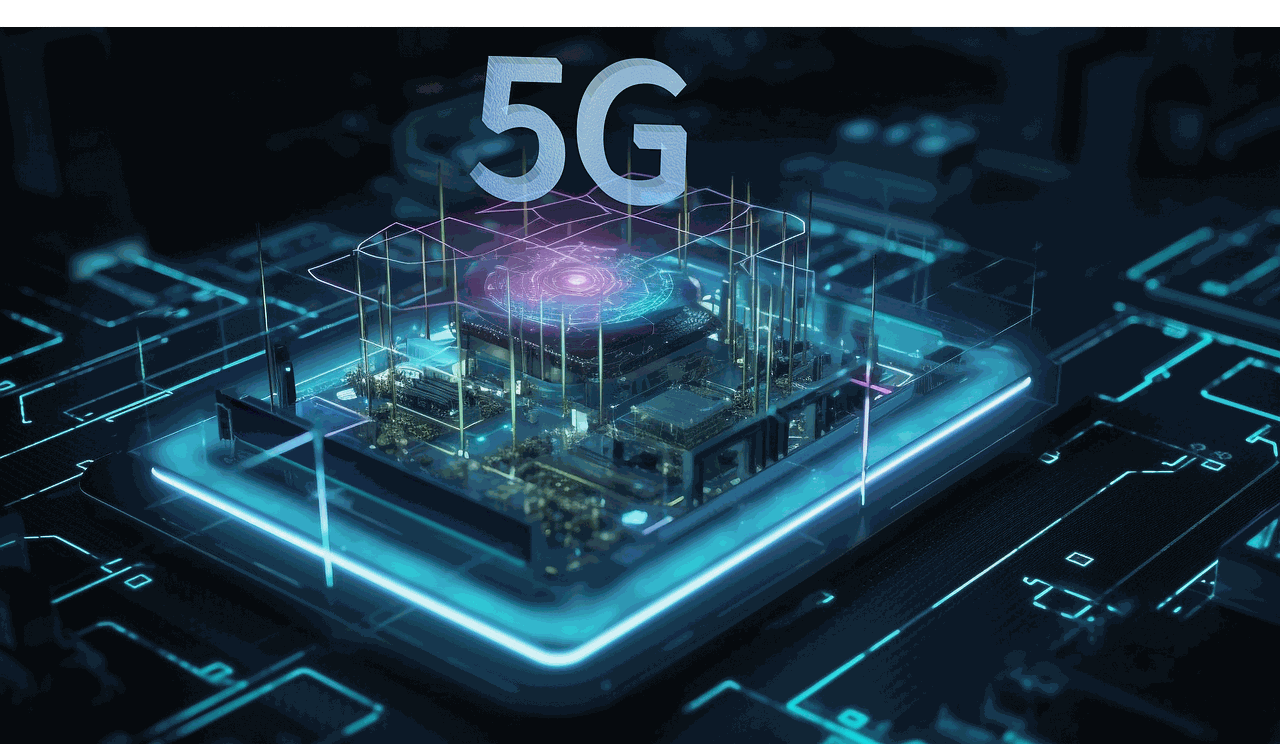Technological development is reaching every aspect of our lives: the way we work, the way we shop, the way we have fun, and also the way we learn about what’s going on in the world. Do you think there is not much more to media than ol’ good newspapers, the evening news on TV, and maybe a website or two to keep you up to date? Well, think twice! Technology – with all its benefits and drawbacks – has had a massive impact on how media content is produced, delivered, and consumed nowadays.
Journalism, entertainment, and mass communication have seen several important changes in recent years. The source of these changes has been new, emerging technologies that are gradually being implemented in this industry, namely:
- Artificial Intelligence (AI)
- Virtual Reality (VR)
- Blockchain
- 5G
An ever-growing interest in these cutting-edge tools to be used by the media industry means a true technological revolution is happening before our eyes. The question is: do we know what it entails, and are we fully prepared for it?
Artificial Intelligence and its impact on Media
What used to be considered sci-fi only a while ago is slowly becoming a reality: AI-powered systems are gradually replacing human journalists not only in the most mundane tasks, such as data analysis, transcription, or translation, but also in content creation, something that up to now has been entirely a human domain.
Moreover, AI is also proving to do great at something that would be quite hard and time-consuming for a human: making the media experience more personalized. AI tools store information about what you like, where you live, and what you tend to watch or read, and use this database to send you personalized content, targeted advertising, and even recommendation engines.
Unfortunately, not everything is rosy about the use of AI in the media. Accountability, privacy protection, transparency, and job displacement are some of the concerns we’ll soon have to address. It doesn’t seem fair to further exploit AI technology in journalism without analyzing its ethical implications.
The magic world of Virtual Reality
This revolutionary technology has the potential to write a brand new chapter in the media industry, making it much more interesting, immersive, and real. With VR, you won’t only hear or read about an event that took place, you will actually be able to take part in it.
This technology will put you right in the middle of a concert, take you for a stroll through the streets of Ancient Rome, have you marching with the crowds to protest about war, and if you want, it will even put you right where this war is taking place.
The potential benefits related to the use of VR in media include:
- Improved learning by creating more engaging content that allows simulation,
- Increased accessibility at a reduced cost,
- New income sources for media companies.
As VR is still too expensive to massify, it is not clear what its future drawbacks may be. Some worry that the virtual experience might exacerbate fears and phobias, cause motion sickness, or become too addictive.
The simplifying power of blockchain
Think of a secure, transparent, digital ledger that can register and store an infinity of records and is constantly updated and shared among its users. That, in simple terms, is what blockchain technology is about. Each “block” of information – be it transactions, files, or any other data – that is added by one person appears automatically in all nodes of the network.
Applied to the media industry, blockchain offers several cost-cutting benefits. It will reduce the need for intermediaries and make it easier for independent content creators to reach final users and get paid. It also seems like an efficient new tool against piracy, as it can facilitate tracking who owns given content and what distribution channels they use.
All the undoubtful benefits of blockchain are, however, overshadowed by one important concern: as the system continues to grow, it will require more and more energy, which means media owners will have to evaluate its environmental impact and its actual costs.
The speed of 5G internet
The fifth generation of wireless technology has already reached certain countries, substantially enhancing our experience with the Internet. Its key advantages: faster download/upload speed, lower latency, and an improved overall capacity, seem like a dream come true for the media industry.
Once this breakthrough technology expands, users will be able to download and stream any content they wish in a much more efficient and faster way. High-quality video content will become easier and cheaper to produce and distribute, benefiting viewers around the globe.
Unfortunately, we still have to wait a few years before 5G technology matures and massifies. Concerns about the radio-magnetic radiation affecting human health and the natural environment should be addressed in the meantime.
Technology seems to be shaping the future of journalism offering novel solutions and lowering costs. Will its benefits outweigh the potential risks? Time will show. One thing is certain – no matter how advanced technologically the media become, there will always be a need for qualified and experienced professionals working in that field.


